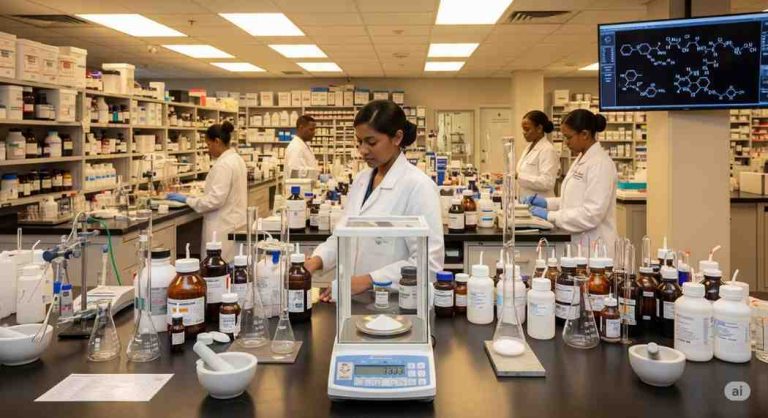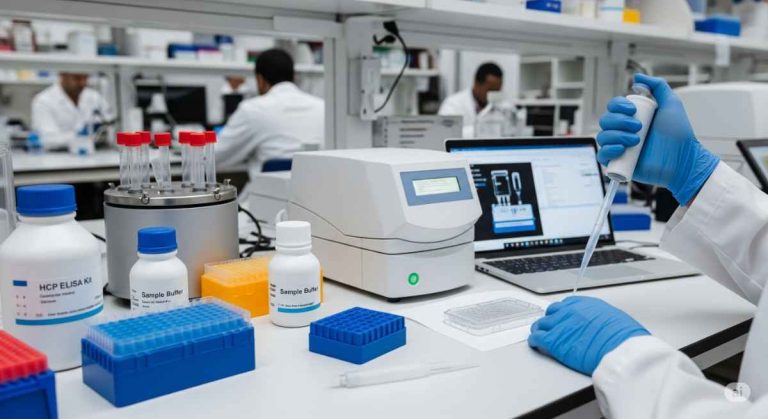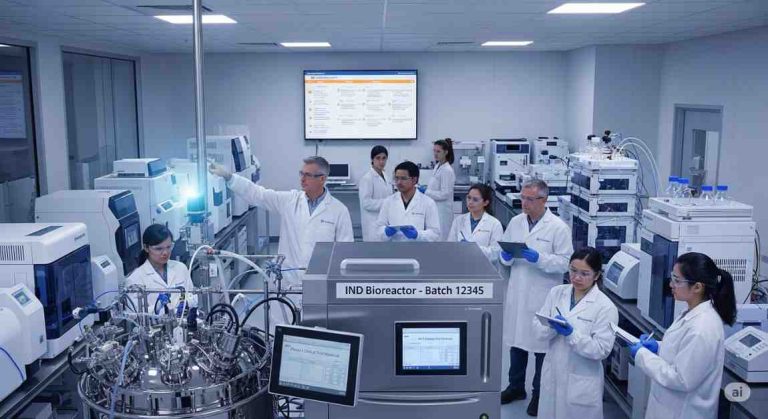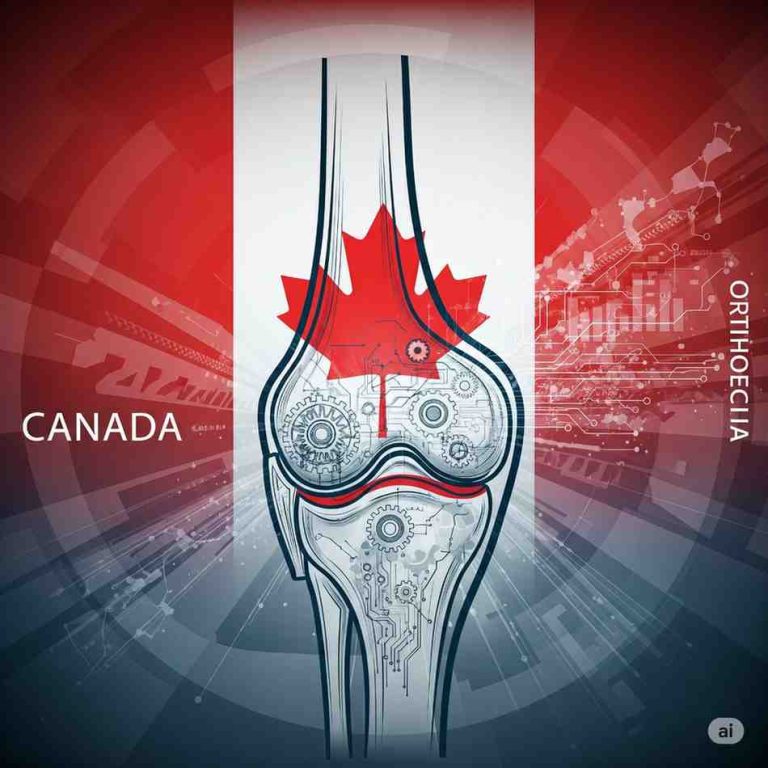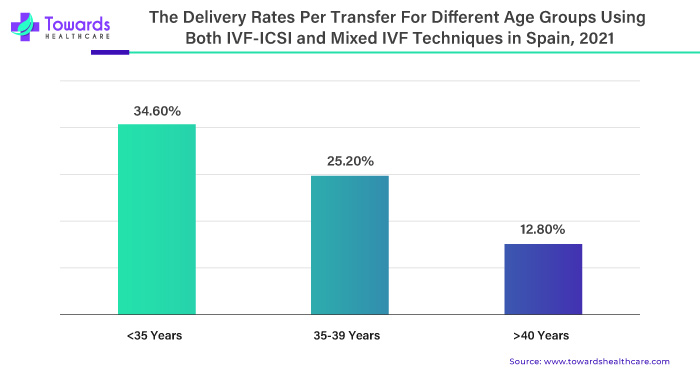
In vitro fertilization (IVF) stands as a beacon of hope for couples facing challenges conceiving naturally. This groundbreaking technology has evolved significantly, offering new avenues for family-building and addressing a myriad of medical and genetic concerns. As advancements continue to push the boundaries of reproductive medicine, the landscape of IVF is undergoing transformative changes, offering renewed optimism and possibilities for hopeful parents worldwide.
For more in detailed information, Click here @ https://www.towardshealthcare.com/personalized-scope/5116
The Global Impact of IVF
IVF has transcended its initial purpose of aiding infertility and has emerged as a cornerstone of modern reproductive healthcare. Its widespread adoption is evident in regions across the globe, with countries like Europe, Australia, New Zealand, the USA, and China witnessing a surge in IVF utilization. In Europe alone, over 5% of babies are born through IVF, indicating a significant shift towards assisted reproductive technologies (ARTs) as a mainstream option for family planning.
Addressing Infertility Challenges
Infertility remains a prevalent concern, affecting approximately 10% of couples worldwide. For many, IVF offers a ray of hope amidst the challenges of conception. By enabling the fertilization of eggs with sperm in a controlled laboratory environment, IVF circumvents various obstacles that impede natural conception, empowering couples to realize their dreams of parenthood.
Technological Innovations Driving Success
The evolution of IVF technology has been marked by relentless innovation, aimed at enhancing success rates and minimizing complications. Key advancements such as non-invasive preimplantation genetic testing (PGT) and artificial intelligence (AI)-based sperm analysis systems have revolutionized the selection and evaluation processes, paving the way for higher success rates and improved outcomes.
Non-invasive Preimplantation Genetic Testing (PGT)
In 2023, the introduction of non-invasive PGT heralded a new era in embryo evaluation, offering unprecedented insights into genetic abnormalities without causing harm to the embryo. This breakthrough technology enables clinicians to screen embryos more comprehensively, facilitating the selection of genetically healthy embryos for implantation and thereby increasing the likelihood of successful pregnancies.
Artificial Intelligence (AI) in Sperm Analysis
The integration of AI-based systems in sperm analysis represents another milestone in the advancement of IVF technology. By leveraging machine learning algorithms to assess sperm motility and morphology, clinicians can identify optimal candidates for fertilization with greater accuracy and efficiency. This targeted approach not only enhances the chances of successful fertilization but also minimizes the risk of implantation failure.
Expanding Indications and Accessibility
Beyond its traditional role in addressing infertility, IVF has expanded its scope to encompass a broader range of medical and genetic indications. From assisting individuals with hereditary conditions to preserving fertility in cancer patients undergoing treatments like chemotherapy, IVF has emerged as a versatile tool in the realm of reproductive medicine.
Affordability and Insurance Coverage
The affordability and insurance coverage of IVF treatments play a pivotal role in driving its widespread adoption. In regions where IVF services are more accessible and financially feasible, couples are more inclined to seek treatment, thereby fueling the demand for infertility services and contributing to the growth of the IVF market.
To own our exclusive report instantly, Click here @ https://www.towardshealthcare.com/price/5116
Unlock Infinite Advantages: Subscribe to Annual Membership
Read More about Infertility Treatment Industry:
